
Synopsis:
Monitoring and Supervision is important chain of Project Life Cycle Management without which the activities will take a direction where there will be no cross-cutting edge with the bigger goals of an organization.
Countries where the education level is low, people are not disciplined and there is low commitment to responsibilities, there is serious need of monitoring and supervision.
As much as we are insisting on the role of supervisors, we are advising monitoring team to stop acting as police. They shall effectively guide the colleagues, subordinates so that they take the path which is leading to the bigger picture of the organization.
Brief Intro to Training:
Training on: Effective Monitoring and Supervision
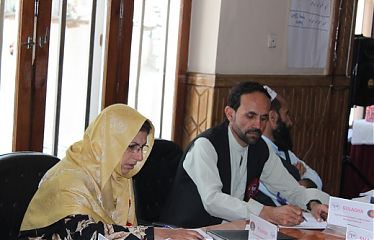
Commencement: May 27,2018
End: May 30,2018
Venue: Kabul, Afghanistan
Duration: 4 Days
Clients: Organization of Health Promotion and Management
Total Participants: 14
Objectives of the Training:
By the end of the training, participants would be able to:
· Understanding the supervisory context and the need for holistic development
· Appreciating why organizations need managers and supervisors
· Stress the importance of accountability for supervisory effectiveness
· Understand the basic management functions – planning, leading, organization and control
· Be confident to manage people who were your former peers
· Building effective team relationships in the workplace – understanding personality and diversity
· Understanding the advantages/disadvantages of different management styles (incl. my own style)
· Being confident to analyses problems and achieve results through planning, prioritizing and monitoring
· Appreciate and apply facilitation skills to overcome communication barriers and improve participation
· Understand and apply key conflict resolution and counselling skills promptly
· Be able to apply effective delegation, feedback and listening skills appropriately with diverse staff
· Be confident to monitor performance and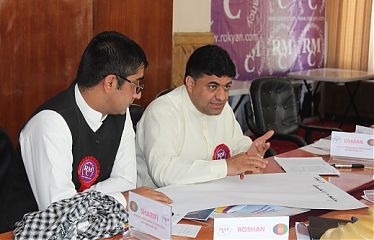
· exercise control through corrective strategies
· Managing time, finances and quality through efficient communication
· Understand different personality types and motivate people accordingly
· Taking ownership of my own ongoing growth and development as a supervisor
· Differentiate between monitor and supervision
· Differentiate between audit and monitor
· Differentiate between monitor and evaluation
· Recognize the importance of control in details
· List the tools important while applying control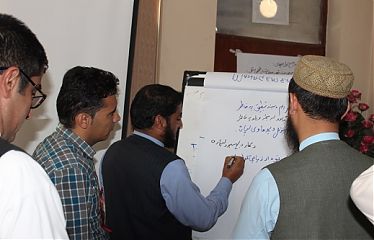
Contents:
· The supervisory context and holistic development
· How self-awareness is integral to being a
· good role-model to your team
· Integrating challenges from the external environment with internal dynamics
· Why organizations need managers and supervisors
· Fundamentals of management
· Clarifying each member’s role and cultivate skills needed
· Encourage team to review their performance
· Accountability and supervisory effectiveness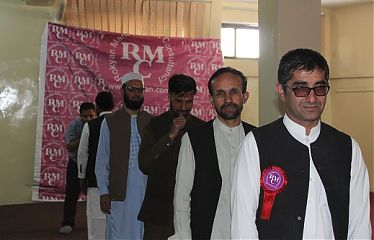
· Distinguishing between responsibility, authority and accountability
· The basic management functions – planning, leading, organization & control
· Planning: Forecasting, scheduling,
· budgeting and developing procedures
· Leading: Decision-making, communicating, motivating and developing people
· Organizing: Developing structures, delegating responsibility, building relationships
· Controlling: Setting standards, measuring performance, correcting and praising
· Build effective relationships and teams in the workplace
· Understand self & diverse people within the SA context
· Understanding my personality and how this impacts upon relationships with others
· Simulation game which enables participants to reflect upon their style in teams
· Understand different management styles.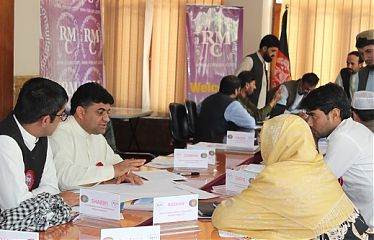
· Identify my own management style from five prototypes
· Examining the strengths and weaknesses inherent in each style
· Achieving results through planning and prioritizing
· Understanding planning in a dynamic
· context
· Setting realistic targets and schedules
· Allocating resources responsibly
· The supervisor as a facilitator
· Observing group dynamics and identifying needs
· Chairing meetings inclusively
· Being open to receiving feedback for effective facilitation
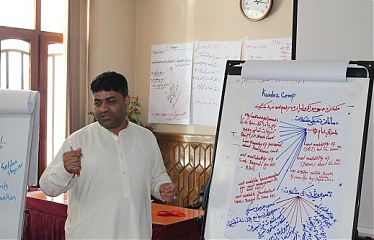
· Conflict resolution
· Understanding my instinctive approach to conflict and how this impacts
· Striving for win-win solutions through problem solving
· Conflict scenario simulations
· Delegation, feedback and listening skills
· Overcoming barriers to delegation through
· stewardship
· Giving and receiving feedback
· Supervision, monitoring and control
· Establish performance standards
· Measure performance, checking deviations
· Corrective actions or change standard
· Monitoring time, finances and quality
· How my attitude to time impacts upon deadlines and solutions to problems?
· Using a variance analysis to check budgets
· Exploring quality planning, assurance and control
· Motivating people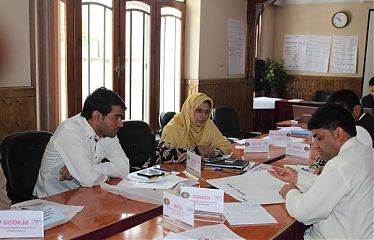
· Understanding motivation theory
· What demotivates me at work?
· Preventing job dissatisfaction
· What does the organization expect from the
· Supervisor?
· The role of the supervisor
· Set personal and professional goals
· Take action to get ideas and plans accepted
· Effective behavior
· Decision making
· Sour for decision making
· Time Management
· Communication Skills
· Steps to improve listening skills
· Role of the facilitator
· Criticism
· How to provide feedback
Procedure of the Training:
Training started with the introduction of the:
a. Rokyan Management Consultancy International
b. Training
c. Participants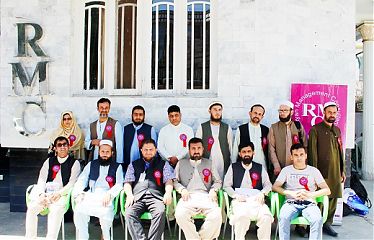
- Trainer
Introduction was done with the distribution of world leaders. Those who had more information about world leaders were set to be awarded.
Mr. Azam Amiri was the winner of the session and he was gifted by the trainer.
As the training took place within Ramadan, therefore, the training team put all their efforts to make the training more interesting and more lovely so that the participants do not feel tired, or being affected by Rozha.
There were number of group works, games and icebreaking activities which added huge value to the training.
Each group work activity was presented by one of their selective speaker and their concerns were put to public for discussion and provision of solution.
Further, each day was opened with the course after action review in which on pre-selective basis three participants were notified.
Last working hour of the day which was from 1:00 PM till 2:00 PM was specified for Questions and Answers
As lunches and refreshments were off due to Ramadan, each participant was offered a pack of Dates—Ramadan Gift.
During the closing ceremony of the training, each participant was awarded with the book of Management translated by the course trainer.
